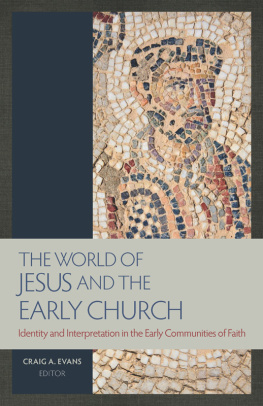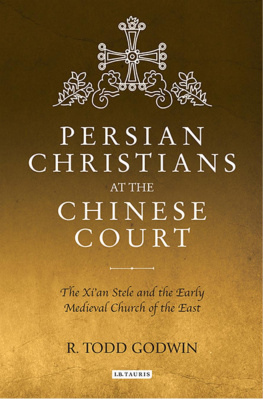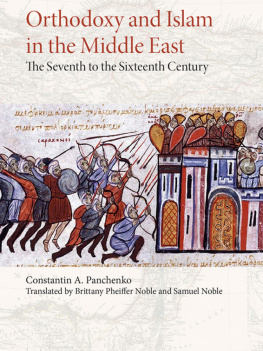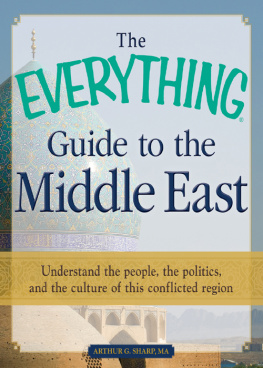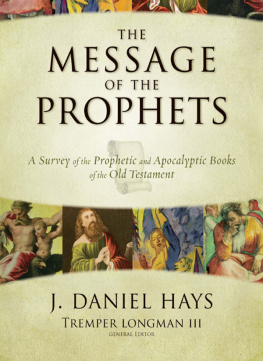
Copyright 2021 by Janine di Giovanni
Cover design by Pete Garceau
Cover image Shutterstock
Cover copyright 2021 Hachette Book Group, Inc.
Hachette Book Group supports the right to free expression and the value of copyright. The purpose of copyright is to encourage writers and artists to produce the creative works that enrich our culture.
The scanning, uploading, and distribution of this book without permission is a theft of the authors intellectual property. If you would like permission to use material from the book (other than for review purposes), please contact permissions@hbgusa.com. Thank you for your support of the authors rights.
PublicAffairs
Hachette Book Group
1290 Avenue of the Americas, New York, NY 10104
www.publicaffairsbooks.com
@Public_Affairs
First Edition: October 2021
Published by PublicAffairs, an imprint of Perseus Books, LLC, a subsidiary of Hachette Book Group, Inc. The PublicAffairs name and logo is a trademark of the Hachette Book Group.
The Hachette Speakers Bureau provides a wide range of authors for speaking events. To find out more, go to www.hachettespeakersbureau.com or call (866) 376-6591.
The publisher is not responsible for websites (or their content) that are not owned by the publisher.
Library of Congress Cataloging-in-Publication Data
Names: Di Giovanni, Janine, 1961- author.
Title: The vanishing : faith, loss, and the twilight of Christianity in the land of the prophets / Janine di Giovanni.
Description: New York City : PublicAffairs, 2021. | Includes bibliographical references and index.
Identifiers: LCCN 2021012716 | ISBN 9781541756717 (hardcover) | ISBN 9781541756687 (epub)
Subjects: LCSH: Christianity--Middle East--21st century. | Christians--Middle East--History--21st century.
Classification: LCC BR1070 .D5 2021 | DDC 275.6/083--dc23
LC record available at https://lccn.loc.gov/2021012716
ISBNs: 978-1-5417-5671-7 (hardcover), 978-1-5417-5668-7 (ebook)
E3-20210831-JV-NF-ORI
For Luca Costantino. My mainstay and ballast.
Explore book giveaways, sneak peeks, deals, and more.
Tap here to learn more.

And the last remnants, memory destroys.
W. G. Sebald, The Emigrants
We photographers deal in things which are continually vanishing, and when they have vanished there is no contrivance on earth which can make them come back again. We cannot develop and print a memory.
Henri Cartier-Bresson
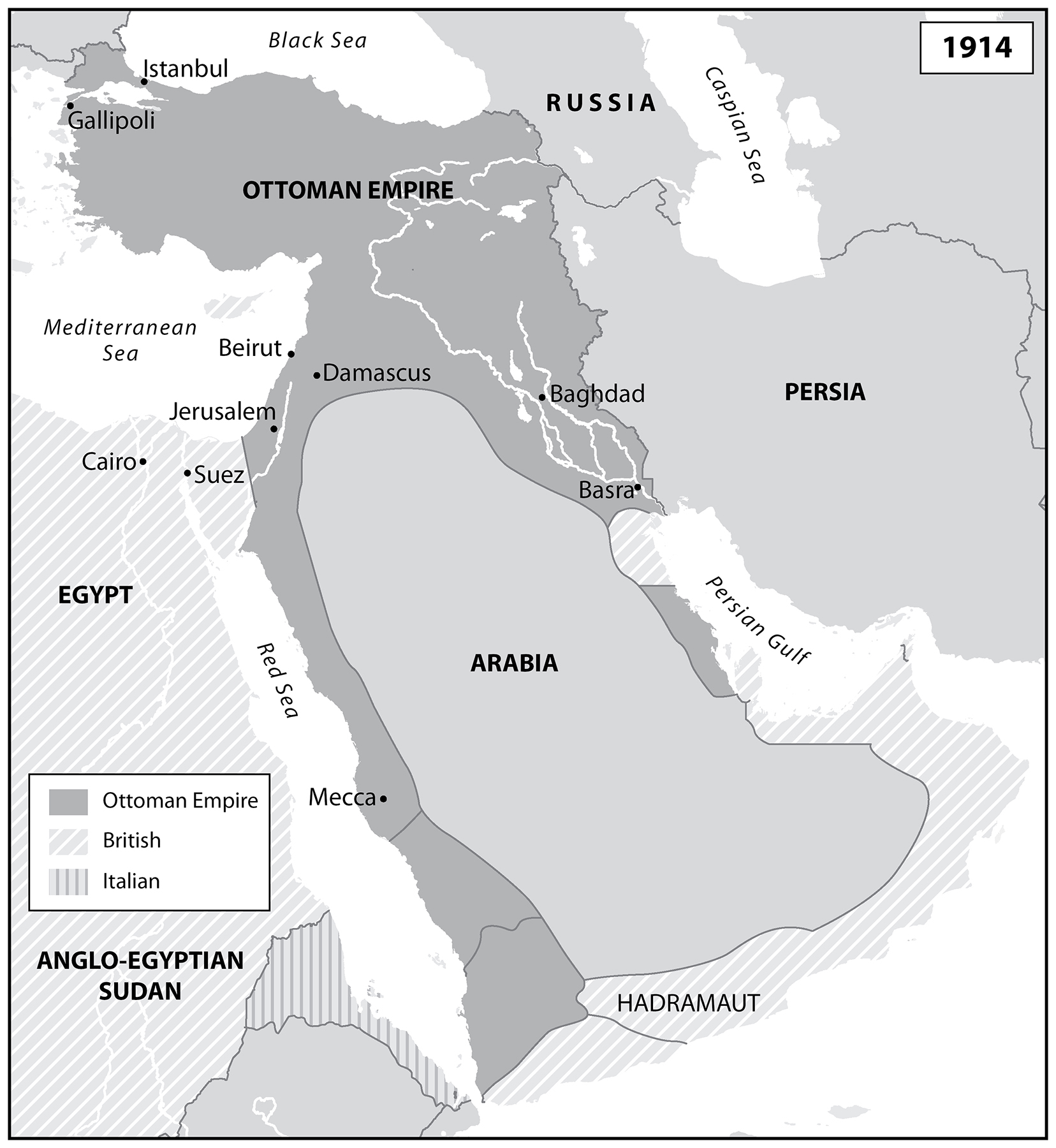
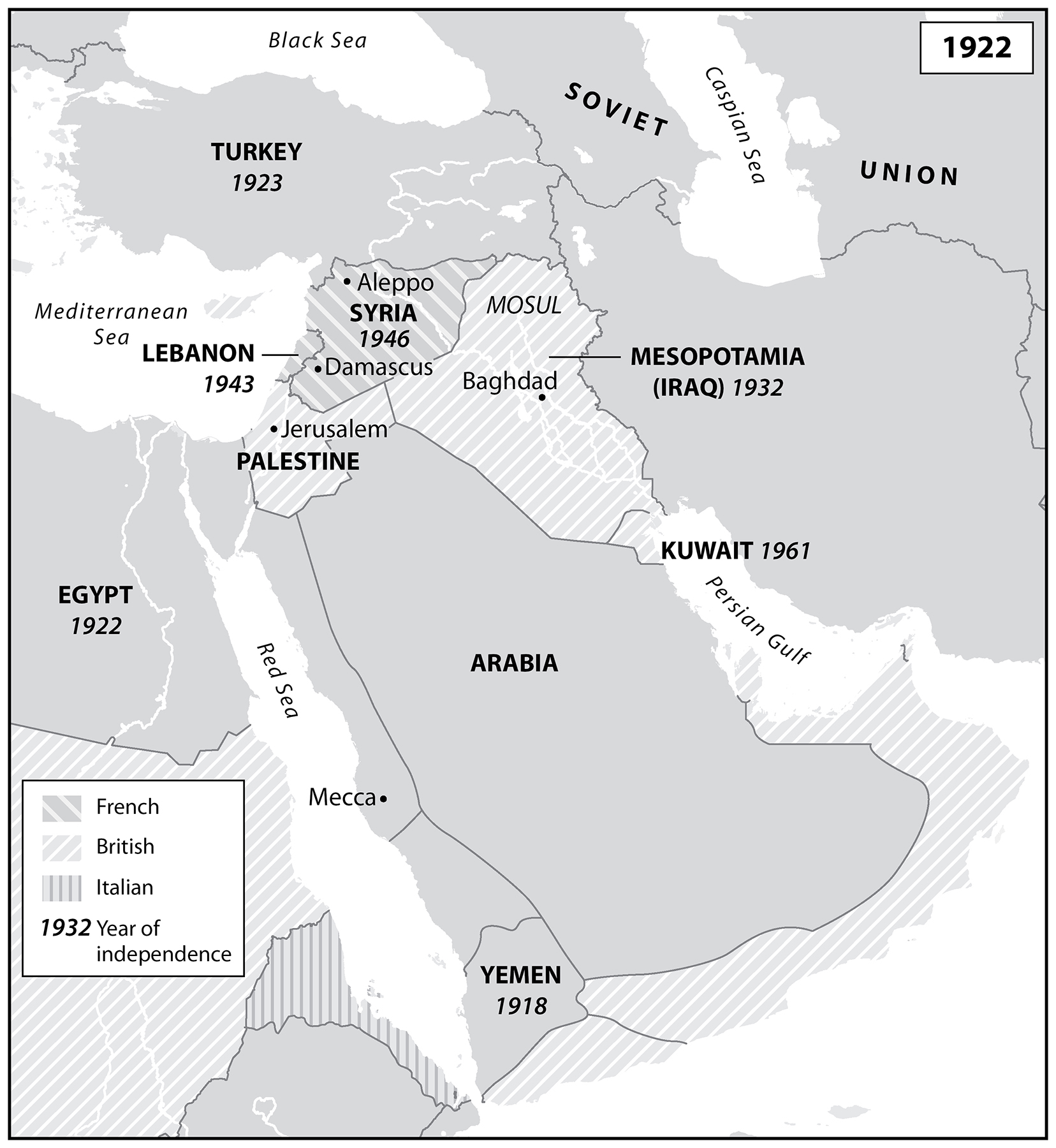
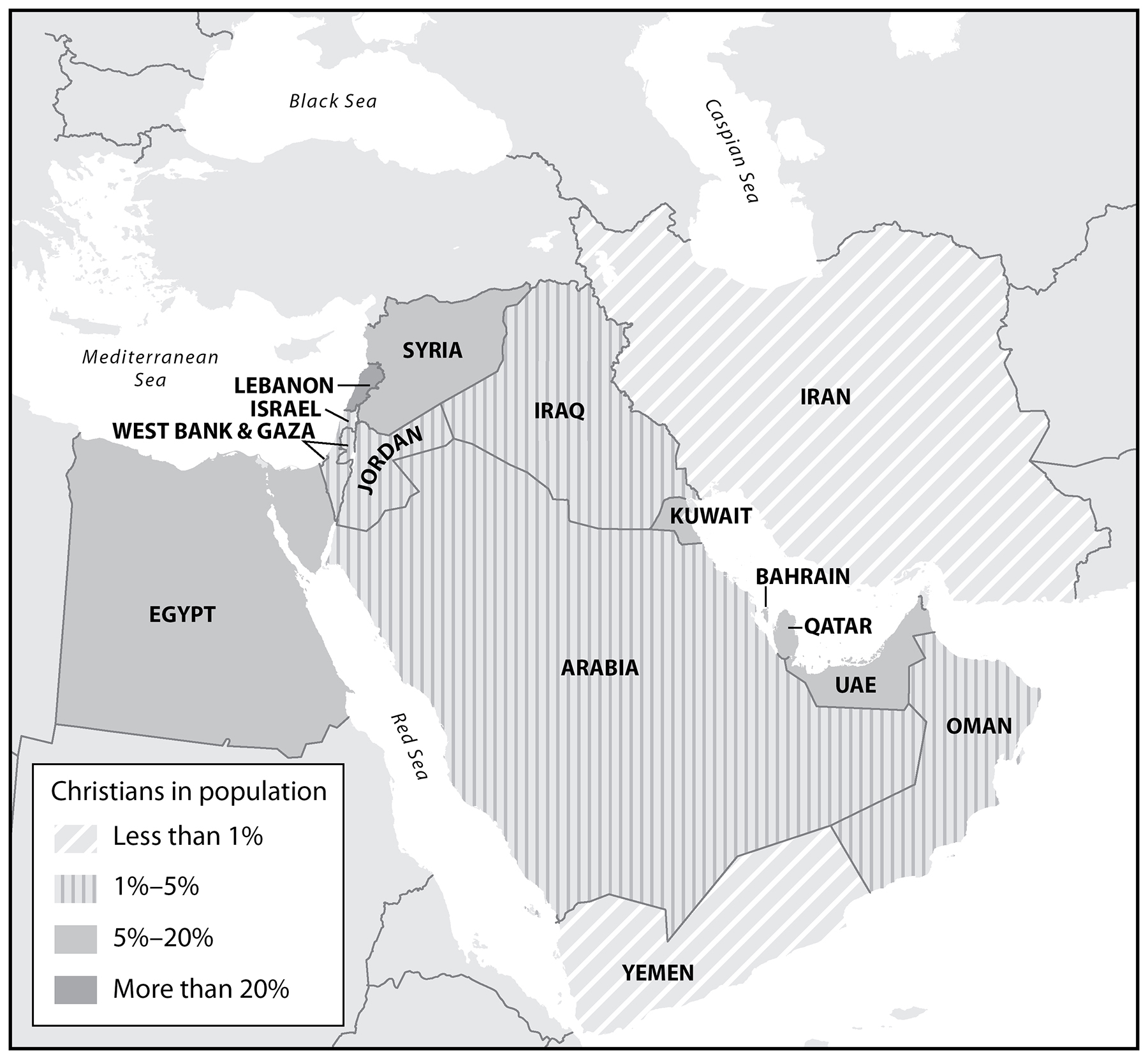
| |
|---|
| BCE: Founding of Christianity | Jesus Christ is born in Bethlehem in the modern-day West Bank, leading to the formation of Christianity. The new religion spreads quickly in the region, reaching Syria, Iraq, and Egypt in the first century CE . |
| 313: Edict of Milan | The Roman emperor Constantine issues the Edict of Milan, which establishes religious tolerance across the empire. Christianity becomes Romes official religion a decade later, including in its Middle Eastern provinces. |
| 610: Founding of Islam | The Prophet Muhammad receives his first revelation. Within half a century, Muslim rulers from the Arabian Peninsula control much of the Middle East. Christians are considered a protected but second-class community. |
| 18391876: Tanzimat Reforms | The Ottoman Empire, which controls much of the Middle East, introduces the Tanzimat reforms. Christians are deemed equal citizens under the law, opening up new opportunities but also fostering resentment among Ottoman Muslims. |
| 19141923: Armenian Genocide | In the years during and following World War I, the Ottoman Empire carries out a genocide against ethnic Armenians. The genocide results in over a million deaths and leads many Armenian Christians to flee south to the Levant. |
| 1916: Sykes-Picot Agreement | The United Kingdom and France agree to divide the Ottoman provinces in the Levant between them. The British establish mandates in Palestine, Jordan, and Iraq, while the French take control over Lebanon and Syria. Christians often receive preferential treatment from the European powers but nevertheless play an active role in nationalist movements. |
| 1948: The Nakbah | Israeli forces defeat a joint army from the surrounding Arab states, consolidating the establishment of the state of Israel. Around seven hundred thousand Palestiniansincluding Christiansare forced to flee their homes to live in refugee camps in neighboring countries, where many of their descendants still live today. |
| 1952: Gamal Abdel Nasser Coup | Gamal Abdel Nasser stages a coup against King Farouk in Egypt. His socialist reform policies strip wealthy Egyptian Christians of their land, and his Arab nationalism leads many Christians to emigrate or turn inward to their communities. |
| 1970: Hafez al-Assad Coup | Hafez al-Assad, a member of the secular nationalist Baath Party, stages a coup in Syria. As a member of the Alawite minority, he relies on support from Syrian Christians. His son Bashar takes over after Hafezs death in 2000. |
| 19712012: Papacy of Shenouda III | Pope Shenouda III serves as head of the Coptic Church in Egypt. During his tenure, both the power of the papacy and the size of the Coptic Church grow significantly. |
| 19792003: Saddam Hussein Presidency | Saddam Hussein, a member of the secular nationalist Baath Party, comes to power in Iraq after forcing his predecessor to resign. He institutes a brutal dictatorship that targets the countrys Shia majority and Kurdish minority, but his regime protects Christians in exchange for loyalty. |
| 19812011: Hosni Mubarak Presidency | Hosni Mubarak takes over as president of Egypt after Anwar Sadats assassination in 1981. He develops a close relationship with Pope Shenouda III, who demands increased rights for Egyptian Copts in exchange for their support. |
| 19871991: First Intifada | A series of massive Palestinian protests against the Israeli state, the intifada, or uprising, takes place in the West Bank and Gaza. Almost two thousand Palestinians are killed. |
| 2003: American Invasion of Iraq | American forces help overthrow Saddams regime in 2003, leading to a decade-long armed conflict in Iraq. As a result of the violence and rising sectarian tensions, the vast majority of the countrys Christians emigrate. |
| 2006: Election of Hamas | Hamas, a militant group deemed a terrorist organization by several Western countries, wins a majority in the 2006 Palestinian parliamentary elections. The election leads to a rift between the Fatah party in the West Bank, backed by the Palestinian Liberation Organization (PLO), and Hamas in Gaza. Conditions deteriorate even further in Gaza, and the few Christians left believe that Hamas does not adequately protect their rights. |



